There’s more to posting than just writing something informative and meaningful; you’ve also got to think long-term about how you want those posts to benefit your site.
Are you posting for fun, or as a way to increase your online business? Do your posts have a unified and linear structure that makes sense, or are they just thrown up haphazardly with no thought as to how long they’ll be there, how many people will read them, or how much electronic dust they’ll collect? That’s why it’s so important to have an overall and long-term blog posting strategy, and you can start that by asking yourself three simple questions.
How Often are You Posting?
If you’re like me you’ll put up one article a day. 5 to 7 a week is therefore no problem. I think posting any more than that is not necessary, and simply becomes unsustainable after time. What do you do when you get up to 30 posts after a few weeks and you run out of ideas for instance? You want to make sure you go at a pace that is good for you as a writer or poster, and for the search engines. They only need one a day, after all. Instead of posting more than that each week, sit down and write out an outline for the month. It will make it so much easier to add content to your website.
Do You Have a Theme?
If you’ve made an outline of what your monthly blog posts will be, you’ll see a theme begin to form. If you’ve got a good theme to your posts, they’ll all tie together. And if you can tie all of your posts together, you can put them into an eBook. More and more sites these days are putting eBooks up for sale or as free giveaways. It’s a great marketing tool for your site, and a way to earn a little extra income. Income, I might add, that is all passive, and which can come to you for years after you’ve done all the work. You can see from my own site that many of my posts have the similar titles. This works well for people using search engines, and it also works good for me when I go to make them into an eBook.
Are You Link Building?
If you’re not hard at work on a link building campaign for your website, you’re way behind the curve. The sites coming up to the top of the Search Engine Results Page (SERP) will often have many incoming links, as well as outgoing links. You’ll need both to stay competitive over time, and that’s why it’s so important to include links with all of your posts. You might think that you’re giving the competition a leg up, and that’s true. But you’re also sending a message to that site telling it you exist, as well as the search engines that note the connection. Both will cause your traffic to increase. And if enough traffic is coming from your site to a competitor or similar site, they’ll take not, and eventually include a link to you as well.











































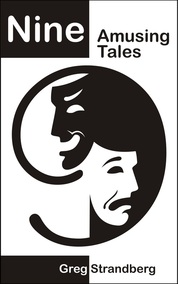
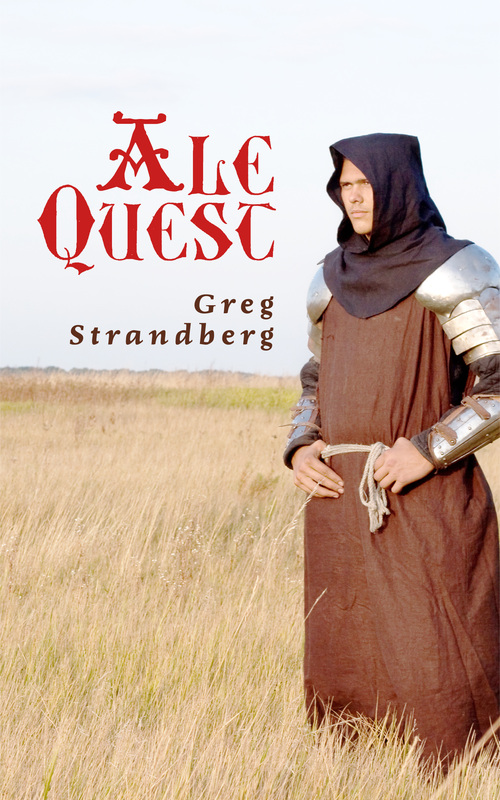















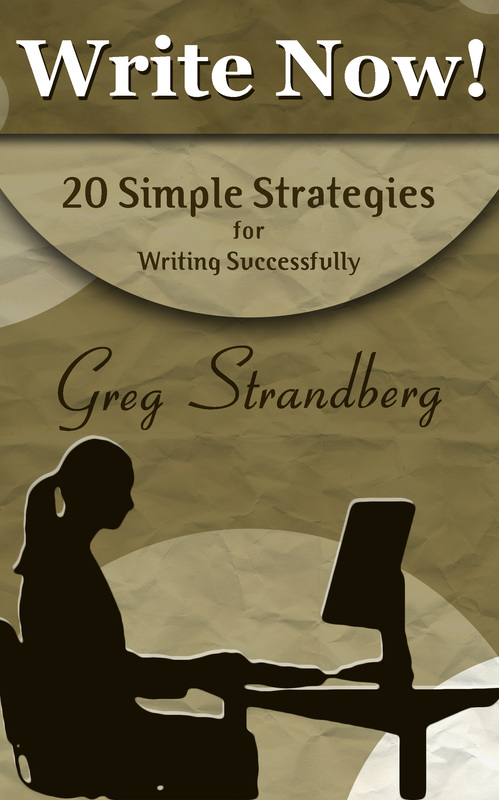



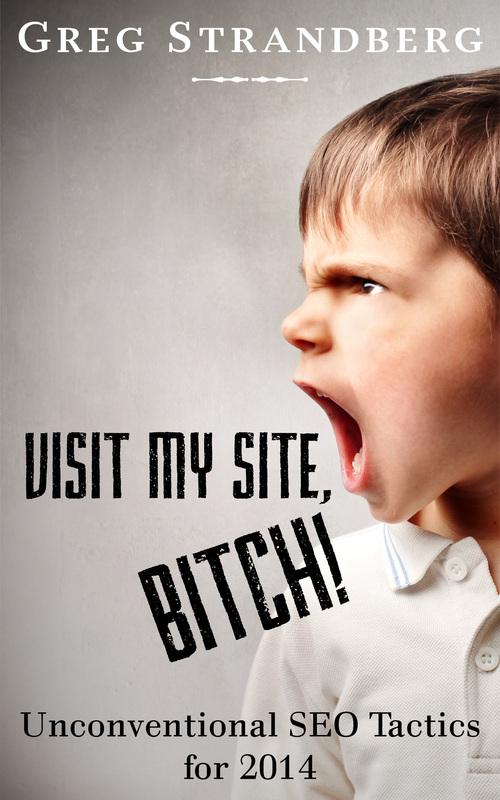
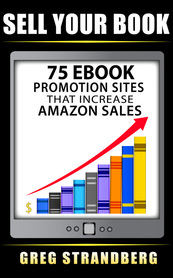
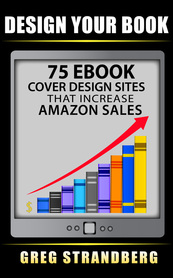
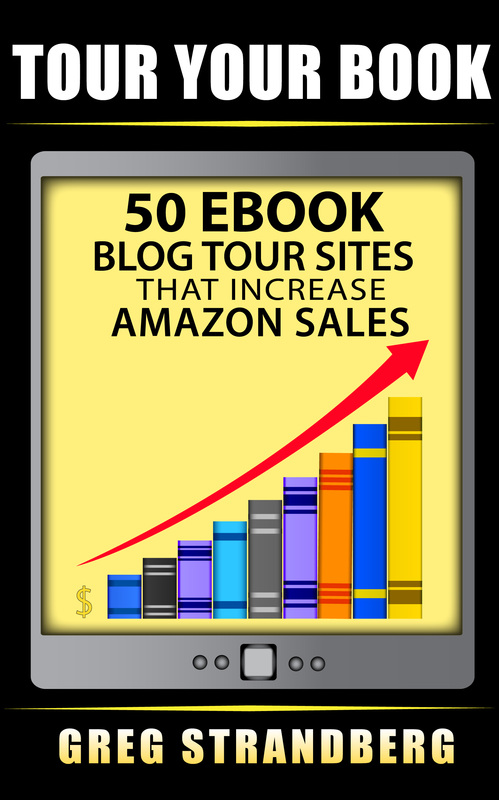






 RSS Feed
RSS Feed